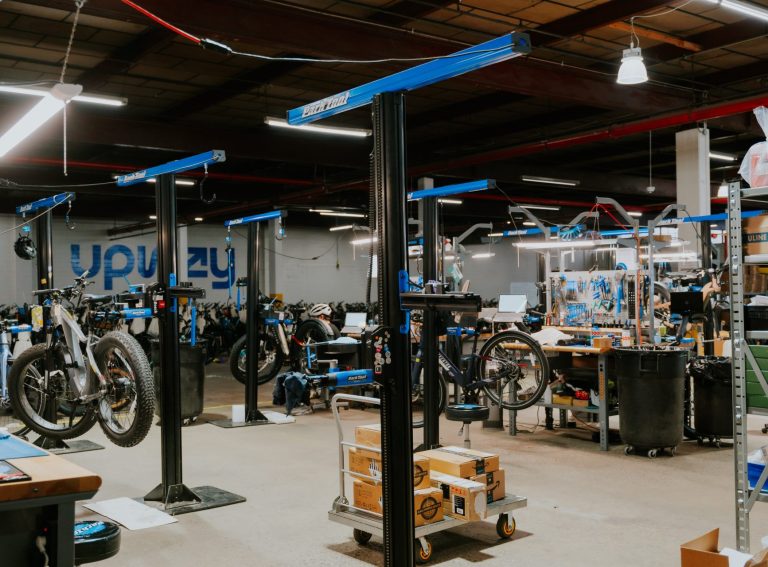Liverpool City Council has announced that it is closing its long troubled bikeshare fleet and permitting micromobility operator Voi to introduce e-bikes as a replacement.
Voi, which already runs a large and successful e-scooter operation in the city, will introduce 50 e-bikes initially next month, with a view to potentially increasing this to 150 after a few weeks. Eventually, Voi plans to run around 500 e-bikes alongside the approximately 2,000 e-scooters already stationed there.
The Liverpool “City Bike” bikeshare launched in Liverpool in May 2014, with 100 non-electric bikes deployed at several docking stations. The scheme was run by home-grown operator Hourbike on behalf of the city council.
Despite some teething issues in a few neighbourhoods, the fleet ramped up to a maximum of 900 vehicles in summer 2015, however nearly half the fleet was lost over the next two years.
Liverpool City Council brought the operation in-house in late 2017 to reduce costs, and then reduced the number of docking stations by 30%, moving the fleet out of areas that had seen low use.
The council introduced Freebike electric bikes in late 2020, gradually retiring most of the remaining old bikes over the next few months. However, since late last year, the electric bikes have been largely confined to a depot, and very few have been seen out on the streets. A council report notes that most of the bike users in recent times have been fast food delivery riders. There are currently just 237 annual members.
The council now plans to recycle what it can from the old electric bikes and donate the old manual bikes to group-cycling charities (liability worries are stopping them from donating them directly to the public).
In contrast, Voi’s e-scooters, which launched as part of the UK trials in late 2020, have gone from strength to strength, with around 2,000 currently available. It is the second largest shared e-scooter operation in the UK, with more than 2.6 million journeys completed (over half a million this spring/summer alone).
The numbers prove that Voi undoubtedly knows how to operate shared micromobility on a big scale in Liverpool, and so having the bikeshare under its wing is likely to prove more successful than Liverpool City Bikes.
Voi’s total combined e-bike fleets in the UK number around 300, in contrast to over 10,000 Voi e-scooters. So the firm is taking the launch opportunity, of what is likely to quickly become its biggest e-bike fleet, to introduce a new second-generation bike.
The bikes will be parked in hubs rather than at the current physical docking stations, and, like their e-scooters, will cover approximately 80% of the city.
Liverpool’s active mobility options are about to take a big step forward.
Table: Numbers of shared micromobility vehicles in Liverpool, by year
| Year | Number of Liverpool City Bikes (non-electric) | Number of Electric Liverpool City Bikes | Number of Voi E-Scooters | Number of Voi E-Bikes |
| 2014 | 500 | |||
| 2015 | 900 | |||
| 2016 | 500 | |||
| 2017 | 500 | |||
| 2018 | 400 | |||
| 2019 | 300 | |||
| 2020 | 250 | 100 | 400 | |
| 2021 | 50 | 50 | 1800 | |
| 2022 | 50 | 50 | 2100 | 150* |
All numbers rounded to the nearest 50.
* Starting at 50 at launch, looking to ramp up to 150 soon after, and potentially up to 500.




